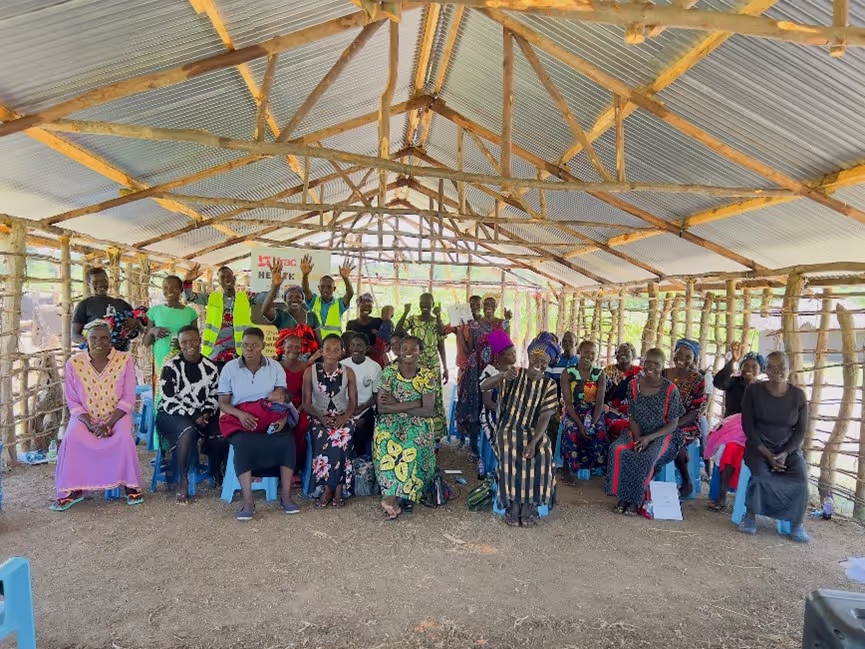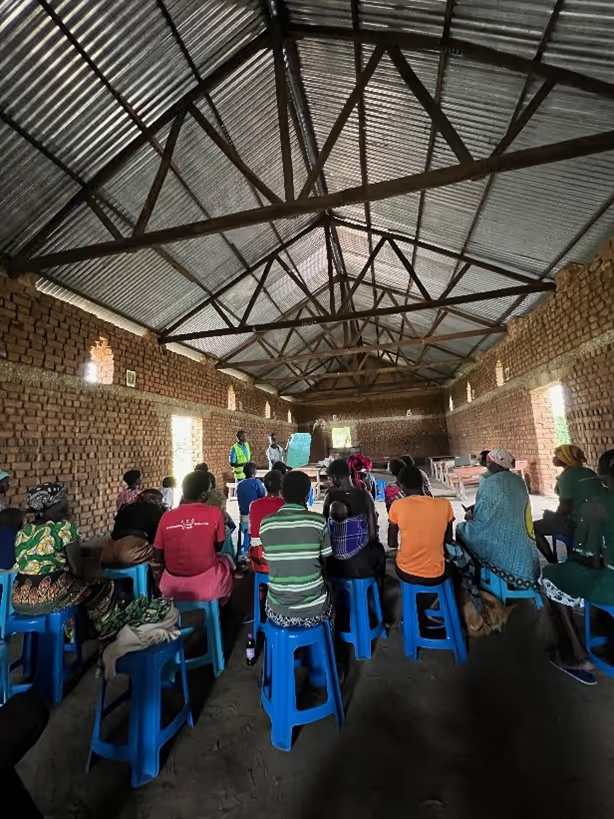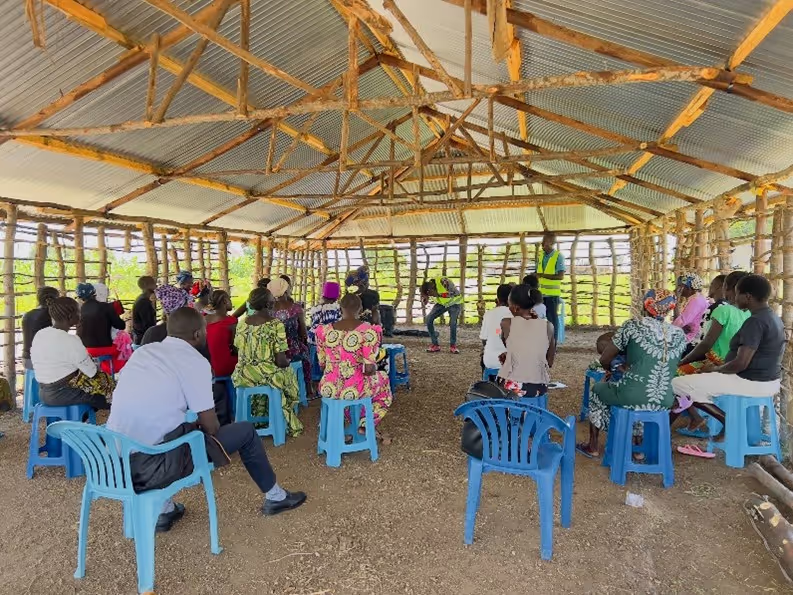The Journey to Scale: Are we progressing?
06
April
2023
Type
Grantee insights
Area of funding
Humanitarian Innovation
Focus areas
Scale
No items found.
Year
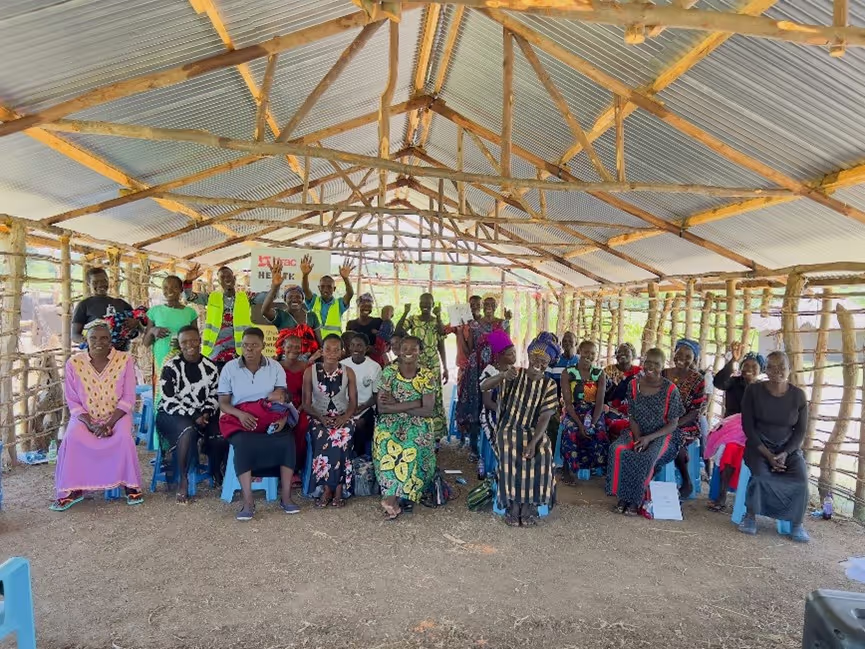
;
;
When we (HealthRight International) wrote our last blog, we had gone through trainings for Self-Help Plus (SH+) facilitators with our two partners and we were just beginning implementation. To recap, we are exploring scaling up Self-Help Plus through multi-sectoral integration into a financing for refugees’ programme, a safety and protection programme, and among healthcare workers who have been on the frontlines during the COVID-19 pandemic in Uganda.
To kick off implementation, we started off with a needs and resource assessment. The aim of the assessment was to better understand our partners’ views on perceived anticipated barriers and facilitators of SH+ delivery. We did this through in-depth key informant interviews where we asked our partner staff involved in the Journey to Scale project key questions related to implementation and integration. One of the outcomes from this process was a need to adapt audio sessions to English, as they have been historically in Juba Arabic. Our partners also included host communities in their target impact group, as they worked with them, and with South Sudanese refugees. Thus, an English audio recording was adapted to include host communities as well.
After this phase, facilitators started running SH+ sessions at Rhino Settlement camp in Arua, and in healthcare facilities in and around Kampala. Our partner in Arua observed that mobilization for the SH+ sessions was less challenging than expected as the participants were already working together in groups, and meeting weekly, in their other projects. With the Ministry of Health, we first approached health facility leads to share about SH+, its aims and anticipated benefits. The need for a programme such as SH+ was (and still is) quite high, evidenced by the quick buy-in from the health facility leads, and against the COVID-19 pandemic background. After that, mobilization also became quite easy and there was a great interest from the healthcare staff. Here are a few pictures taken during/after sessions which we attended on behalf of HealthRight and learnt the different coping strategies together with participants. In the last picture, the group had just finished their very last session, session 5, and one can tell from their happy faces that it had been a good, interactive session. From the very first week of SH+ sessions, it was evident that there was a great interest in the intervention across all stakeholders. The SH+ facilitators worked hard to deliver SH+ sessions to 3,146 people in total over a period of 5 months. As with any intervention, there are some things that worked really well, and others where implementation did not go as expected. Some of the positives, based on process evaluation interviews with SH+ facilitators, participants and partner programme staff, include that SH+ is a simple, easy to understand and very helpful guide in daily life overall. This also helped with an almost seamless integration of SH+ into the partner programmes. Most of the participants also mentioned that they not only use the coping strategies that they learnt during SH+ sessions on themselves, but they also shared learnings with family and friends. One participant says:
“Just of yesterday in the community in (…..), I found a lady who was beaten and the grandmother called me that they wanted to revenge. Quickly I recalled to the SH+ trainings and I was able to help them using the skills I have learnt, acting on values, being kind, grounding. The word I told her is that in all these conditions, revenge won’t help, come down be calm and look for medication for the lady and I prayed for them”.
Some of the things that did not go so well, or rather, that can be improved on, is the language of delivery of SH+ sessions. Although we all made an effort to consider the different languages of participants, some groups comprised of multiple languages. A translator was then used in those sessions, but that meant that the sessions ran over the allocated time and became too long. We recommend that implementers in the future consider the different language dynamics, and if they opt to have a translator, already inform participants that the sessions will be a bit longer.
During implementation, we had joint supervision visits together with our partners. We co-developed a monitoring and evaluation (M&;E) subsystem, based on our experience implementing SH+, and on the expertise and knowledge of our partner M&;E systems. Combining best practices in this manner, we ensured that M&;E processes progressed, quality was maintained, and both we and our partners learnt from each other. We rounded off the Journey to Scale project with dissemination of findings at meetings with stakeholders in Kampala and Arua. One major feedback from the sessions that echoed across our partners was the need to continue SH+ sessions, and to integrate it into other programmes across the country.
To sum up, we have learnt, as HealthRight, to work together with non-governmental humanitarian organisations and government institutions on integrating SH+ into routine programming. We have developed and tested tools to facilitate the integration process. We have co-created partner specific pathways of scaling SH+ thorough multi-sectoral integration. We have explored new partnerships, some of which we have already engaged with and are working on together – and we have adapted our business and financial models based on these learnings. We look forward to continuing work with our implementing partners, and others, to scale-up SH+ and reach more populations through multi-sectoral interaction. The need for mental health interventions is very high, and the services are few. We all can work together to bridge this gap. To go back to our title – yes – we are progressing. Multi-sectoral integration may well be a viable complementary approach to scaling mental health and psychosocial support interventions.
No items found.
Stay updated
Sign up for our newsletter to receive regular updates on resources, news, and insights like this. Don’t miss out on important information that can help you stay informed and engaged.
Related articles
all latest news
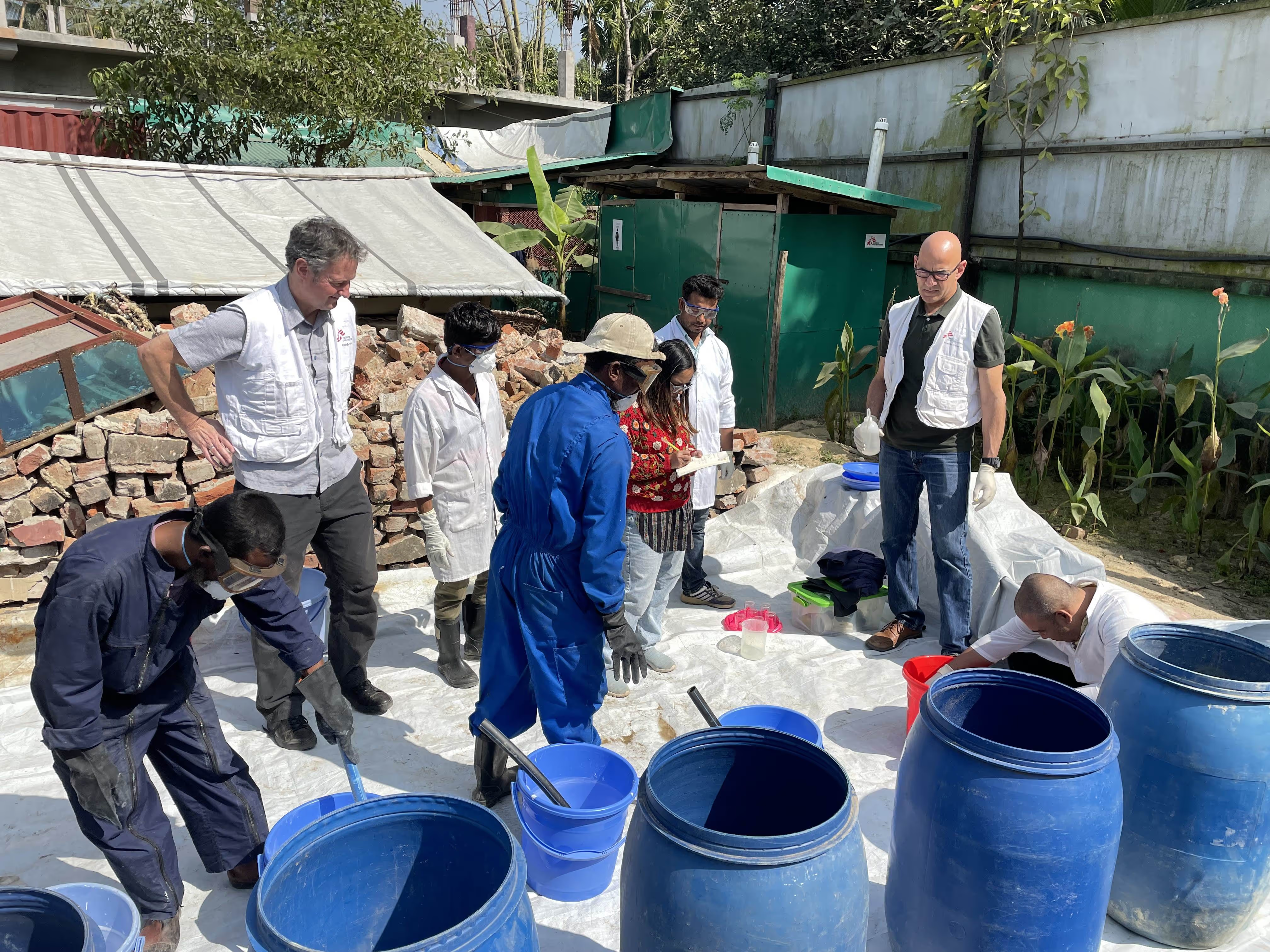
Elrha insights
Innovating for Impact: Tackling the sanitation crisis in humanitarian settings

Grantee insights
The partnership of the MSQ project

Grantee insights
Language‚ power and aid effectiveness - Journey to Scale
Explore Elrha
Learn more about our mission, the organisations we support, and the resources we provide to drive research and innovation in humanitarian response.
